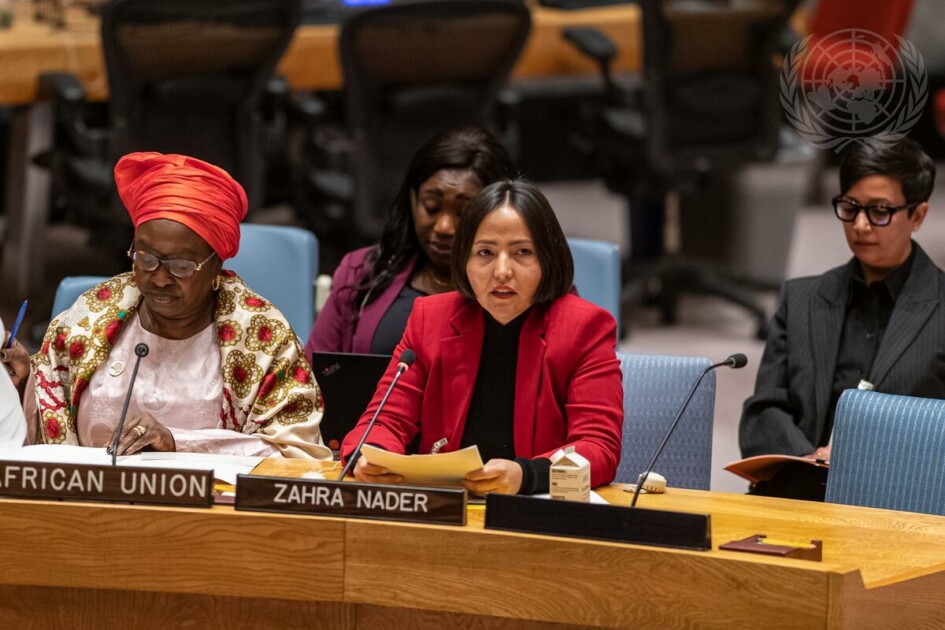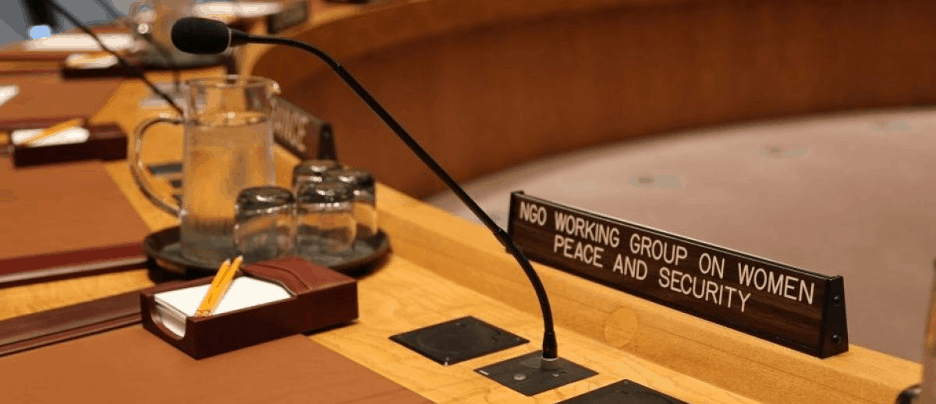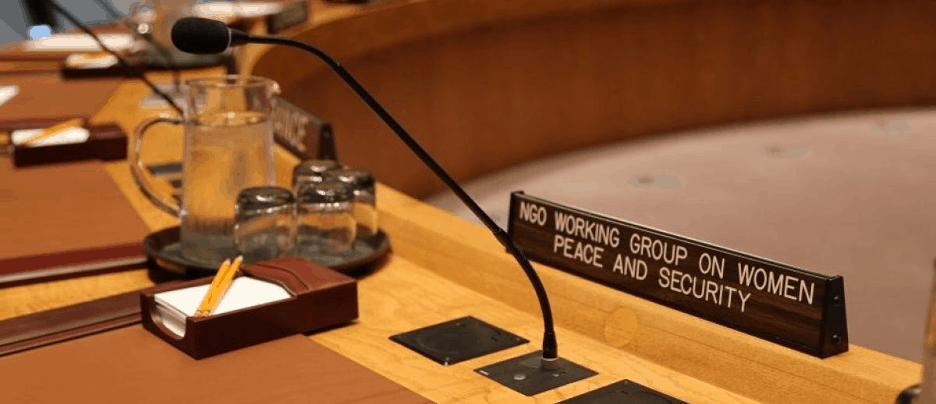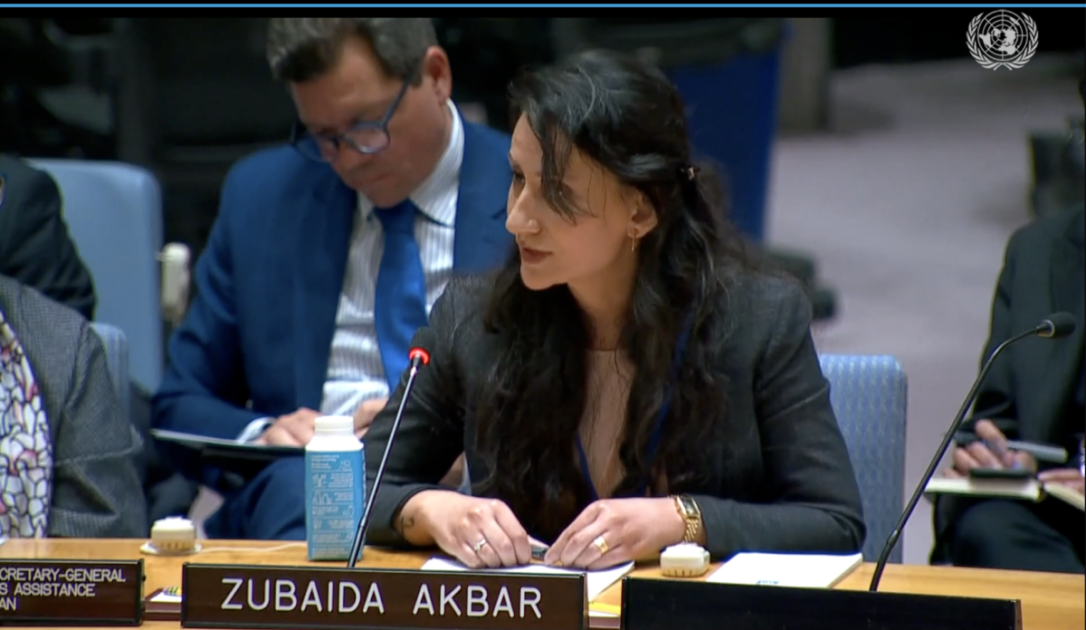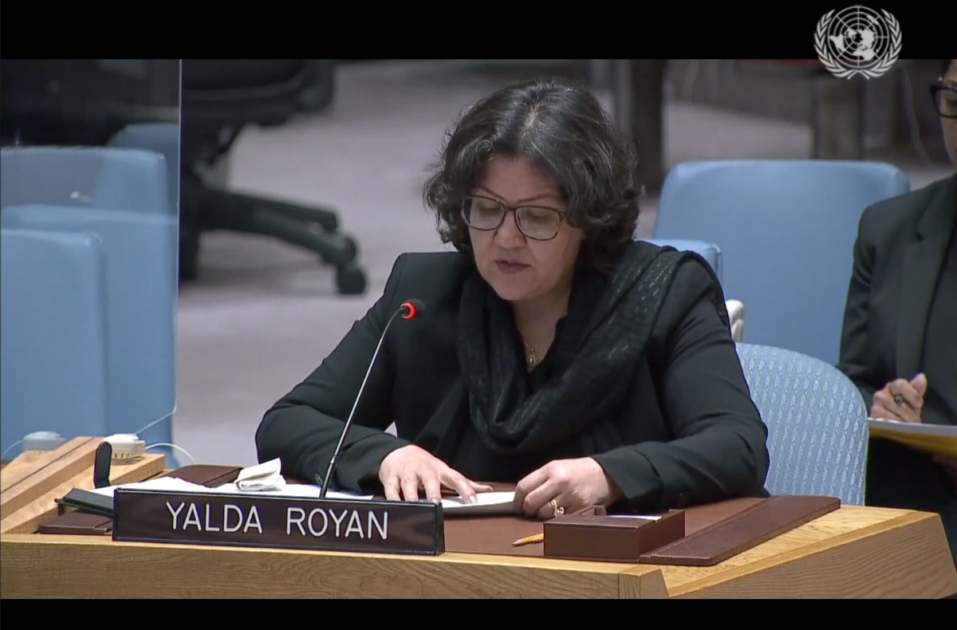Afghanistan
Afghanistan
Afghanistan has been engulfed in violent armed conflict since the fall of the Taliban regime in 2001, and efforts to build sustainable peace while preventing the re-establishment of extremist rule depend on the inclusion of women.
Living in the most dangerous place in the world to be a woman, as the Thomas Reuters Foundation revealed in 2011, Afghani women have emerged as leaders in the peace process— advocating constantly for more inclusive government, and inspiring marginalized groups nationwide to demand a place in the political system. Despite the important role that Afghani women play in bringing about social change in Afghanistan, many barriers to their involvement still exist.
Based on the work of NGOWG members and their partners, the NGOWG advocates for eliminating these barriers by encouraging UNAMA to support the Afghan government in fully implementing the National Action Plan on Women, Peace and Security (NAP), and ensuring women’s full and equal participation in regularly held elections.
Current and Past Recommendations to the UN Security Council (Monthly Action Points)
Since taking power more than two years ago, the Taliban have systematically violated women’s human rights in both policy and practice by codifying gender-based discrimination across nearly every aspect of public and private life. As reinforced by UN human rights experts, the ongoing, escalating, systematic, and grave human rights violations directed at women and girls and gender diverse people may amount to gender persecution, a crime against humanity, and further could be characterized as gender apartheid. The Taliban continues to target human rights defenders (HRDs) due not only to their work, but also their gender. An ongoing stream of women HRDs, including current detainees Neda Parwani, Zholia Parsi, Manizha Sediqi, and Parisa Azada have been detained, sometimes for months, without any charge or access to legal representation and have faced abuses in custody, including torture. During forthcoming meetings, Council members should:
- Ensure that all follow-up discussions regarding the recommendations of the independent assessment mandated by Resolution 2679 (2023) require protection of the full scope of women’s human rights, in accordance with Afghanistan’s international obligations, swift reversal of any policies and practices that restrict the enjoyment by women and girls of their human rights and fundamental freedoms as per Resolution 2681 (2023); and further, ensure the full, equal, meaningful and safe participation of diverse Afghan women and LGBTIQ people, especially human rights defenders and peacebuilders, in all discussions and outcomes by the Security Council, UN or international community about Afghanistan’s future, including peace, security, humanitarian or other processes. Further, the creation of any future mechanisms for international engagement on Afghanistan, including a UN Special Envoy, must prioritize women’s human rights, and include robust expertise on human rights and gender.
- Call for the immediate reversal of the ban on Afghan women working for the United Nations and NGOs, including humanitarian organizations, in violation of the UN Charter and CEDAW and call for all humanitarian actors to ensure safe, principled and non-discriminatory humanitarian delivery to all Afghans in need and the participation of women in humanitarian action.
- Call for the investigation and prosecution of those responsible for all violations of human rights, including gender persecution, including those advocating for the rights of women and girls, marginalized ethnic and religious groups, people with disabilities, and LGBTQI+ people.
- Call for all parties, including the Taliban and other armed groups, to respect international human rights and humanitarian law and immediately stop targeting human rights defenders, peacebuilders, and journalists.
- Call for UNAMA’s current mandate to be preserved and fully implemented, particularly: advocating for the protection and promotion of women’s rights, including by calling for the Taliban to uphold their obligations under CEDAW; monitoring and reporting on human rights, including violations, abuses, and reprisals against women human rights defenders, and all forms of gender-based violence (GBV); and meaningful engagement with diverse Afghan women’s organizations.
Relevant Resources



